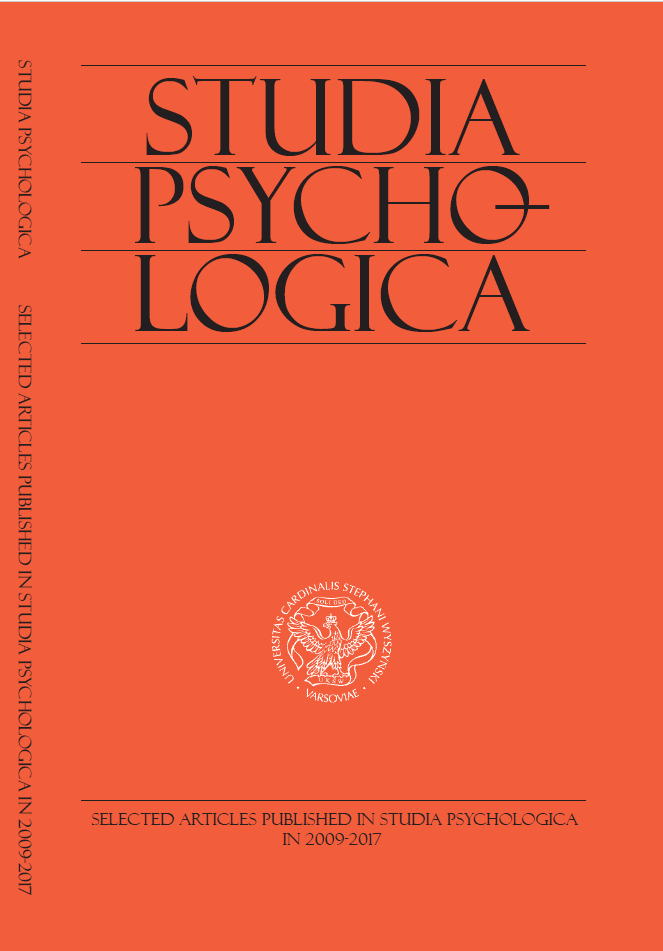Fattening thoughts. “Thought–shape fusion” and eating disorders
Fattening thoughts. “Thought–shape fusion” and eating disorders
Author(s): Małgorzata Starzomska-Romanowska, Anna Brytek-MateraSubject(s): Cognitive Psychology, Clinical psychology, Health and medicine and law
Published by: Wydawnictwo Naukowe Uniwersytetu Kardynała Stefana Wyszyńskiego w Warszawie
Keywords: Thought–Shape Fusion; anorexia nervosa; bulimia nervosa;
Summary/Abstract: Psychiatric disorders are characterized by a range of specific cognitive distortions. One of the most interesting cognitive phenomena is Thought–Shape Fusion, which occurs when thinking about eating certain types of food increases a person’s estimate of their shape and/or weight, elicits a perception of moral wrongdoing, and/or makes the person feel fat. TSF can be induced experimentally in healthy volunteers, but it is especially associated with eating pathology. It may be that thought–shape fusion is both a direct expression of the core psychopathology and also serves to maintain it. In patients for whom thought–shape fusion appears to be a barrier to changing the core psychopathology, direct techniques for addressing thought–shape fusion may be very useful.
Journal: Studia Psychologica: Theoria et praxis.
- Issue Year: 2021
- Issue No: Special
- Page Range: 133-147
- Page Count: 15
- Language: English

